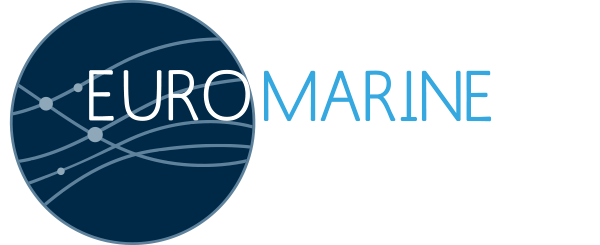Topic
“PlankBioS” will bring together modelers with experimentalists and theoretical ecologists, in order to maximize synergies between the partners in their quest to address the following key issues in modern plankton research:
1) What drives plankton/trait biogeography and diversity?
2) What links ecosystem composition and ecosystem function?
3) Which forms of diversity are most suitable for the quantification of ecosystem services?
4) How vulnerable are marine ecosystems/ecosystem services to future climate change?
Objectives
The proposed WG would embrace five main objectives:
1) to consolidate the European community of plankton researchers, in order to generate a holistic picture of plankton biogeography and marine ecosystem function,
2) to foster future collaborative work and develop a joint international proposal for a suitable call at either the European or international level,
3) to strengthen data sharing efforts between the partners in order to generate publicly available merged data bases on all aspects of plankton biogeography as a community service.
4) to publish a community paper that exposes the methodological developments and data requirements necessary to understand the link between ecosystem structure and ecosystem functioning, and
5) to publish the first ‘best practice’ protocol for the development, validation and interpretation of SDM and associated SDM software packages for marine planktonic ecosystems as a community service for data providers and experimental plankton ecologists.
Expected Outcomes
The scientific work on the link between marine ecosystem structure and function will inform the next IPCC assessment, and, potentially, the IPCC Special Report on the Impacts of Global Warming of 1.5°C above Pre-industrial Levels and related Greenhouse Gas Emission Pathways as invited by the UNFCCC decision in Paris. Since changes in plankton biogeography are likely to lead to substantial socio-economic impacts in terms of fisheries revenues, “PlankBioS” research will be relevant for policy makers and stakeholders.


